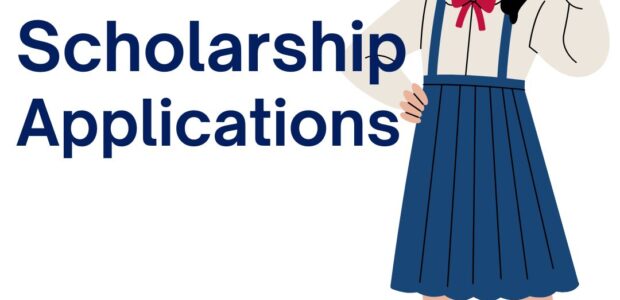Introduction
Winning a scholarship in 2025 is more competitive than ever, with thousands of students worldwide applying for limited spots. Even highly qualified candidates can get rejected because of simple, avoidable mistakes. To increase your chances of success, here are the biggest scholarship application mistakes to avoid in 2025.
1. Missing Deadlines
One of the most common reasons students lose opportunities is submitting late. Scholarship deadlines are strict, and even a single day’s delay can disqualify your application. Tip: Set reminders months ahead and submit early.
2. Ignoring Eligibility Requirements
Applying for scholarships you don’t qualify for wastes valuable time. For example, some scholarships are limited to certain fields of study, age groups, or countries. Tip: Carefully read eligibility criteria before applying.
3. Weak Personal Statement
Your essay or personal statement is often the deciding factor. Many students submit generic or poorly written essays that don’t reflect their true passion or goals. Tip: Tailor each statement to the scholarship’s mission and highlight your unique story.
4. Submitting Incomplete Applications
Forgetting transcripts, recommendation letters, or proof of language proficiency can result in automatic rejection. Tip: Double-check all required documents and create a checklist before submission.
5. Not Following Instructions
Some students don’t follow word count limits, essay formats, or document guidelines. Tip: Treat instructions as strict rules—admissions committees use them to assess attention to detail.
6. Poorly Chosen References
Submitting recommendation letters from people who barely know you weakens your application. Tip: Choose mentors, teachers, or employers who can strongly vouch for your academic and personal strengths.
7. Plagiarism or Copy-Paste Applications
Scholarship providers value originality. Reusing essays without tailoring them to specific programs can reduce your chances. Tip: Customize each application and use your authentic voice.
8. Overlooking Smaller or Lesser-Known Scholarships
Students often only target prestigious programs, overlooking smaller awards that are easier to win. Tip: Apply broadly—smaller scholarships add up and strengthen your CV.
9. Failing to Proofread
Spelling and grammar mistakes make a bad impression. Tip: Proofread carefully or ask someone to review your application.
10. Giving Up After One Rejection
Many students stop applying after being rejected once. Persistence is key. Tip: Learn from feedback, improve your application, and keep trying—success often comes after multiple attempts.
Conclusion
Applying for scholarships in 2025 requires more than just strong grades—it takes planning, attention to detail, and perseverance. By avoiding these common mistakes, you’ll give yourself the best chance to secure funding for your education and open doors to global opportunities.


